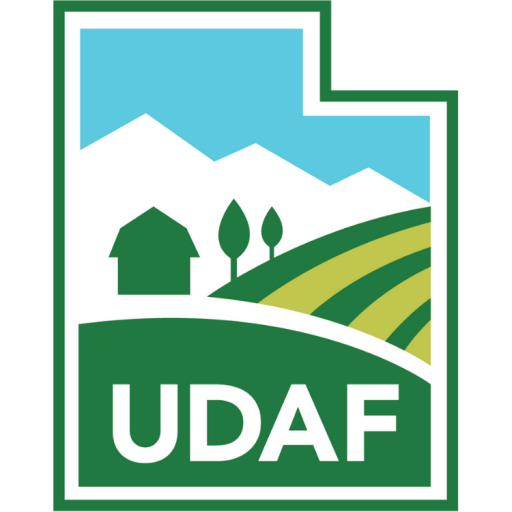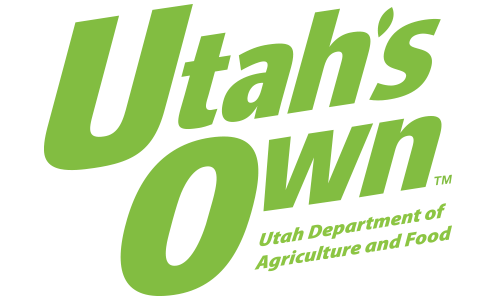The Division of Plant Industry is responsible for ensuring consumers of disease-free and pest-free plants, grains, and seeds, as well as properly labeled agricultural commodities, and the safe application of pesticides and farm chemicals.
Plant Industry Programs:
Apiary Inspection and Beekeeping
The Utah Apiary Program conducts inspections to help keepers diagnose pest/disease problems. Their homepage provides scheduling, contact information, lab testing, keeper registration, links to regulations, research, and a list of related programs and resources.
The Utah Commercial Feed Act includes provisions for inspections, registration, sampling, & testing of commercial feed products. Find information on regulations, fees, and contact information.
The Utah Fertilizer Act covers registration, distribution, sale, use, and storage of fertilizer. Read the Utah code for fertilizer management, view license types and registration, fee lists, and other resources.
The State Grain Inspection Service provides services to help grain manufacturers maintain good standing and keep product moving. The service conducts sample analysis, inspects facilities, takes request forms, and provinces information on grain transport and compliance.
UDAF collects resources for weed-free hay growing, including standards and certificates. NIASMA standards can be accessed through the Hay Program.
The Insect & Pest Program publishes current information on Utah insect quarantines & problem pests. The site also houses fact sheets, insect reports, program contacts, and helpful resources.
The Utah State Weed Specialist administers the Utah Noxious Weed Control Act. View collected information for state weed control programs, compliance with hay and straw policies, weed species lists, and database access.
Every business entity that wants to sell perennial plants in the state of Utah must obtain a Nursery license and maintain it annually. Find license applications, information, and status tracking. You can also view code & regulations, federal and state association links, and plant databases.
Producers are required to undergo a specific application process to be able to label their product as organic. The UDAF Organic Certification page provides information on state and federal standards for organic growing/processing. You may also find contact info, online systems access, listed regulations, and more resources.
The Utah pesticide program has been working with Utah pesticide businesses, government agencies, and farmers for over a hundred years by overseeing the application of pesticides throughout the state.
Plant Commodity Grading and Shipping
UDAF regulates produce shipping & provides the associated service fee schedule. The USDA Agriculture Marketing Service also runs various programs to audit and support the fresh produce market.
The UDAF Seed Lab runs seed quality inspection on commercial seed. The lab oversees the Seed Act, which enables farmers to acquire quality seed through auditing and information transparency. They provide testing & compliance information, as well as resources and fee lists.





